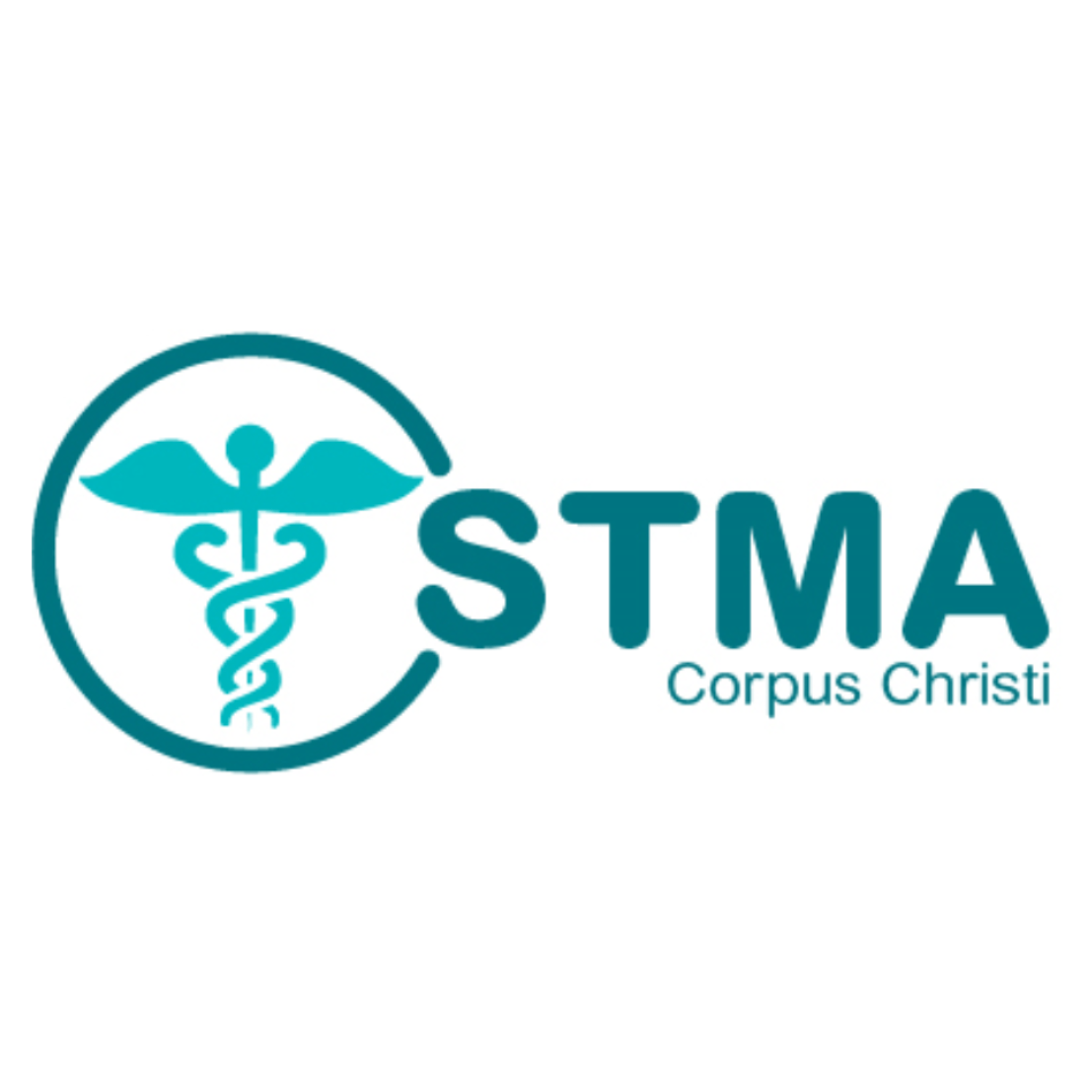Understanding the healthcare landscape can be challenging, especially when it comes to distinguishing between internal medicine and primary care. Both play essential roles in maintaining health, but their functions and areas of focus differ. Familiarity with these differences is important for individuals and families looking to choose appropriate healthcare providers according to their specific medical needs.
Internal medicine often centers on adult patients and complex health concerns. In contrast, primary care encompasses a broader scope, catering to the overall health and preventive care of people of all ages. By delving deeper into these distinct fields, one gains insights into which type of care is most appropriate for various health situations.
What Is Primary Care?
Primary care forms the cornerstone of health management, with primary care physicians (PCPs) serving as the main point of contact for patients. PCPs offer a wide variety of services focused on preventive care, managing chronic illnesses, and routine health monitoring.
Family doctors often care for the entire family, from children to older people, providing continuity of care and fostering long-term, trusting relationships. These providers play an essential role in preventive care, guiding patients in health maintenance practices and managing a wide range of medical conditions.
What Is Internal Medicine?
Internal medicine is a specialized field dedicated to the prevention, diagnosis, and treatment of diseases in adult patients. Internal medicine doctors, or internists, are trained to handle complex medical issues and chronic conditions. Their expertise typically involves working with adults, tackling intricate diseases from heart disease to infectious ailments.
This specialization requires rigorous training, including a three-year residency focused on adult medicine and advanced diagnostic skills. Internists may also pursue additional training in subspecialties like critical care, offering comprehensive and specialized care for adult patients.
Internal Medicine vs Primary Care: Key Differences
Focus
Primary care providers, such as family medicine doctors, offer comprehensive care for individuals of all ages, focusing on preventive measures, routine check-ups, and minor health issues. Internal medicine physicians, however, specialize in adult patients, particularly excelling in diagnosing and managing complex medical conditions, which often require a high level of expertise and nuanced care strategies.
Training and Specialization
Internists receive specialized training through a dedicated three-year residency after medical school, often followed by additional subspecialty training to address complex adult health issues. For example, at South Texas Medical Associates (STMA) Corpus Christi, their internists may further specialize in areas like cardiology or endocrinology, enhancing their ability to provide expert care for specific conditions.
Family medicine providers, on the other hand, complete a residency that covers a broad range of medical care, equipping them to deliver comprehensive services for the entire family.
Patient Demographics
Internal medicine physicians primarily cater to adult and geriatric patients, offering specialized care tailored to the complexities of adult health, including chronic disease management. Family medicine practitioners serve a broader audience, addressing the medical needs of patients across the entire lifespan, which allows them to treat a wide range of conditions while supporting continuous care transitions as patients age.
Settings
Internal medicine doctors often find themselves in hospital environments where they tackle severe and intricate medical cases, making them particularly skilled at acute care and inpatient services. Meanwhile, primary care doctors typically work in clinics, where they focus on holistic, ongoing patient care, fostering strong, long-term relationships that are integral to personalizing healthcare and improving patient outcomes over time.
Conditions Treated
Primary Care
- Acute Respiratory Infections. Conditions like the common cold, flu, and bronchitis.
- Hypertension Management. Monitoring and managing high blood pressure.
- Diabetes Management. Regular check-ups and management of glucose levels.
- Mental Health Issues. Treatment for anxiety, depression, and stress-related disorders.
- Preventive Care. Routine health screenings and immunizations.
- Minor Injuries. Treatment of sprains, strains, and other minor physical injuries.
- Chronic Disease Management. Ongoing care for chronic conditions like asthma or arthritis.
Internal Medicine
- Heart Disease. Diagnosis and management of conditions like coronary artery disease and heart failure.
- Chronic Kidney Disease. Monitoring and managing kidney function and related complications.
- Infectious Diseases. Treatment and management of complex infections often require specialized knowledge.
- Endocrine Disorders. Management of conditions such as thyroid disorders and osteoporosis.
- Neurological Disorders. Diagnosis and management of diseases like Parkinson’s and Alzheimer’s.
- Gastrointestinal Issues. Treatment of chronic conditions such as ulcerative colitis and Crohn’s disease.
- Complex Multisystem Diseases. Coordinated care for patients with multiple interacting health issues.
Similarities Between Internal Medicine and Primary Care
When comparing internal medicine and primary care, it’s essential to recognize the similarities that bind these two critical fields of healthcare. Despite their differing focuses, both share a commitment to foundational practices that enhance patient care and promote overall well-being.
Emphasis on Preventive Care
Both internal medicine and primary care prioritize preventive care strategies, focusing on early diagnosis and treatment to prevent the progression of serious medical conditions. This approach plays a critical role in maintaining overall health and well-being.
Development of Patient Relationships
Physicians in both fields are dedicated to building essential and lasting relationships with their patients. This bond contributes to a thorough understanding of each patient’s unique health history and lifestyle, paving the way for personalized care.
Facilitation of Continuity of Care
Both disciplines value the importance of continuity of care, ensuring that patients receive consistent and comprehensive medical attention over time. This continuity helps in effectively managing chronic illnesses and maintaining optimal health.
Collaborative Healthcare Approach
Internal medicine and primary care providers regularly collaborate with other healthcare specialists. This teamwork enhances the coordination of care, allowing for a comprehensive and multifaceted approach to patient health, ultimately improving health outcomes and satisfaction.
Considerations When Choosing Between an Internal Medicine Doctor vs Primary Care Doctor
Choosing between an internal medicine doctor and a primary care doctor involves careful consideration of several factors that align with your unique healthcare needs. By understanding these key considerations, you can make an informed decision that complements your health objectives and lifestyle.
Assess Health Needs
Begin by evaluating your individual or family health needs. This includes considering both current health conditions and potential future health issues. For instance, families with children may prioritize providers who can offer pediatric services, while individuals with specific health concerns might require providers experienced in managing those conditions.
Evaluate Provider Expertise
Research the expertise and specialties available at healthcare facilities like South Texas Medical Associates (STMA) Corpus Christi. Aligning your healthcare choices with the available specialties can ensure that you receive the most up-to-date and comprehensive care tailored to your needs.
Consider Age and Demographics
The age group of patients a provider specializes in is a significant factor. Family medicine doctors offer comprehensive care for all ages, from pediatrics to geriatrics, making them ideal for families who want a single provider for all members. Internal medicine physicians, on the other hand, focus on adult medicine and can offer specialized expertise for adult and elderly patients.
Define Healthcare Objectives
Clearly outline your healthcare goals. Are you primarily interested in preventive care and routine check-ups, or do you need specialized care for chronic disease management? Identifying these objectives will help guide you to the right provider who can support your particular health journey effectively.
Personalized Care Alignment
It is essential to choose a provider who offers personalized care and medical attention tailored to your specific needs. Personalized care involves understanding your medical history, lifestyle, and preferences and providing individualized treatment plans. A provider who prioritizes this approach will foster a more supportive and effective healthcare relationship.
Explore Your Healthcare Options With Confidence: Book a Consultation With Us Now!
Knowing the differences and similarities between internal medicine and primary care allows for strategic healthcare decisions. At STMA Corpus Christi, patients benefit from comprehensive services tailored to diverse needs, making sure of effective and efficient medical care.
For more information on finding a suitable healthcare provider, consider scheduling an appointment with a primary care or internal medicine practice. STMA Corpus Christi offers an excellent starting point for accessing quality healthcare tailored to specific needs.
Contact us today to start on a journey towards comprehensive health and wellness management.





